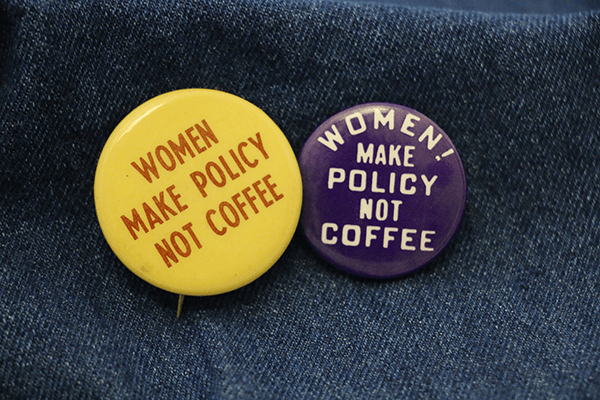Ruth Salzmann Becker’s papers represent several common themes found in IWA’s collections, including Jewish women in Iowa, German immigration, and feminist activism. Elizabeth Heineman, professor and chair of the University of Iowa’s history department, has used Becker’s papers in her classes. She shared with us why she finds the Ruth Salzmann Becker papers so engaging:Continue reading “25 for 25: Ruth Salzmann Becker”
Tag Archives: Ruth Salzmann Becker
About our exhibition “Pathways to Iowa”
In honor of the 20th anniversary of the Iowa Women’s Archives, we have mounted an exhibit in the North Exhibition Hall of the University of Iowa’s Main Library. The inspiration for this exhibit came from the many visits made to the archives by families and friends of donors. Earlier this year, Sam Becker broughtContinue reading “About our exhibition “Pathways to Iowa””
